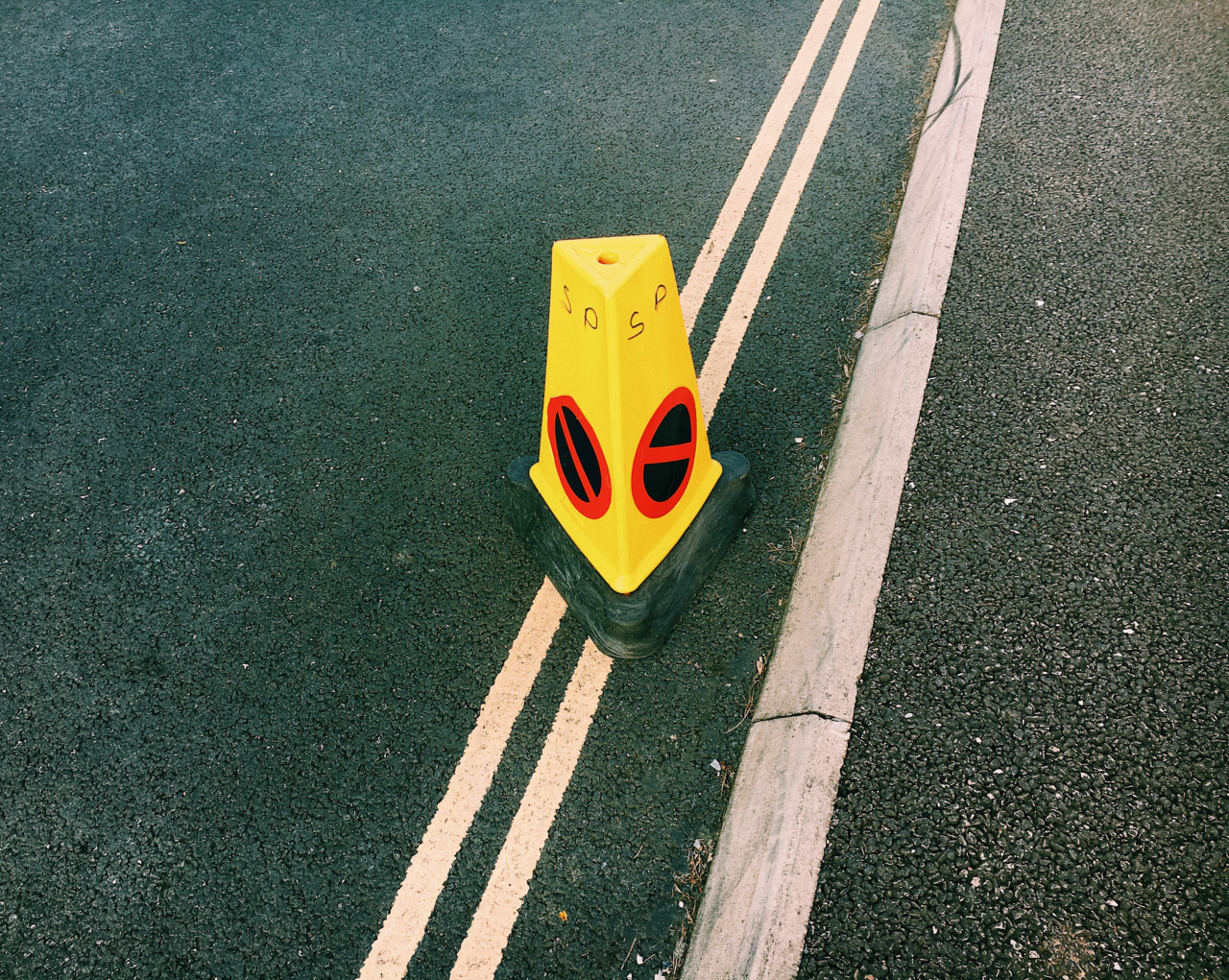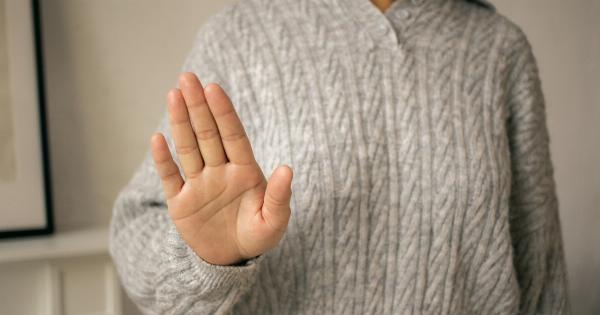Diarrhea is a common condition that affects people of all ages. It is characterized by loose, watery stools, stomach cramps, and sometimes nausea and vomiting.
While most cases of diarrhea are mild and resolve on their own, it can be uncomfortable and disruptive to daily life. If you’re looking for ways to stop diarrhea in its tracks, here are seven effective strategies you can try:.
1. Stay Hydrated
One of the most important steps in managing diarrhea is to stay hydrated. Diarrhea can cause dehydration as your body loses fluids through loose stools. Be sure to drink plenty of water, clear broths, or electrolyte-rich drinks to replenish lost fluids.
Avoid beverages that contain caffeine, as they can further aggravate diarrhea.
2. Eat a Bland Diet
When you have diarrhea, it’s best to stick to a bland diet that is easy to digest. Avoid foods that are spicy, greasy, or high in fiber, as they can worsen diarrhea symptoms.
Instead, opt for foods like rice, boiled potatoes, toast, bananas, and yogurt. These foods can help to bulk up the stools and provide necessary nutrients without irritating the digestive system.
3. Take Over-the-Counter Medications
In some cases, over-the-counter medications can be helpful in stopping diarrhea. Antidiarrheal medications, such as loperamide (Imodium), can help to slow down bowel movements and provide relief from diarrhea.
However, it’s important to follow the recommended dosage and discuss with a healthcare professional before using these medications, especially if you have any underlying health conditions.
4. Use Probiotics
Probiotics are beneficial bacteria that can help restore the balance of gut flora. They can be particularly useful in managing diarrhea caused by an imbalance of bacteria in the intestines.
Look for probiotic supplements or consume foods that are rich in probiotics, such as yogurt or sauerkraut. Probiotics can help regulate bowel movements and promote a healthy gut environment.
5. Practice Good Hygiene
Diarrhea is often caused by infections or viruses that can be easily spread from person to person. Practicing good hygiene is essential to prevent the spread of these pathogens.
Wash your hands thoroughly with soap and water before eating, after using the bathroom, and after changing diapers. Avoid sharing personal items, such as towels or utensils, with individuals who have diarrhea.
6. Stay Away from Trigger Foods
For some individuals, certain foods can trigger or worsen diarrhea. Identify any potential trigger foods and avoid consuming them until your symptoms subside.
Common trigger foods include dairy products, spicy foods, fatty foods, and foods high in artificial sweeteners. Keeping a food diary can help you determine which foods might be contributing to your diarrhea.
7. Rest and Relax
When dealing with diarrhea, it’s important to give your body the rest it needs to recover. Diarrhea can be physically and mentally draining, so make sure to get plenty of rest and reduce stress levels.
Avoid strenuous activities and focus on activities that promote relaxation, such as reading, meditating, or taking soothing baths.
Conclusion
While diarrhea can be an uncomfortable experience, these strategies can help you stop it in its tracks. Remember to stay hydrated, eat a bland diet, and consider using over-the-counter medications or probiotics.
Additionally, practicing good hygiene, avoiding trigger foods, and getting ample rest can aid in your recovery. If your symptoms persist or worsen, it’s important to seek medical attention for a proper diagnosis and treatment.






























